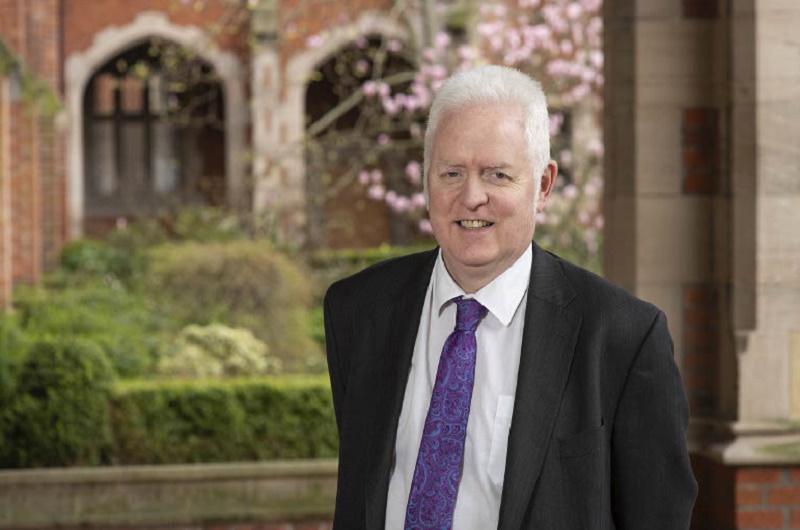New study presented at UN Summit highlights economic and time-saving benefits of digital healthcare
A new study led by data experts has shown how the implementation of The London Care Record (LCR) has significantly reduced costs, saving £4.6 million per month and over £137 million in total since it was first introduced in January 2023.

The research was presented by Professor Mark Lawler, Professor of Digital Health from Queen’s University Belfast and UK Associate Director of Health Data Research UK (HDR UK) at the Science Summit of the United Nations (UN) General Assembly in New York, in a session hosted by the Global Health Connector.
The LCR is a digital shared care record solution, which links patient information from 10 million people across London. It allows health and care professionals to have one secure view of a person’s relevant heath and care information, providing them with the intelligence they need to inform their clinical decision-making.
The study also highlights how the LCR has enabled safer, faster and more joined-up care, including supporting safer prescribing of medications, quicker hospital discharges and helping staff spend less time on administrative tasks and more time with their patients.
More importantly, this “go-to” digital tool also saved significant health professional’s time - up to 109,166 hours per month, which is the equivalent of 57.3 fixed term equivalent staff members. This equates to a saving of up to 1,668 full-time equivalent staff since the LCR was introduced.
Commenting on the results of the study, Professor Lawler said: “We are in the middle of the most significant healthcare workforce crisis we have ever experienced. Our data demonstrate that digital must be part of the workforce solution to this crisis. We must adopt a hybrid approach to digital, just like we have embraced overall in society, and in the workplace.
“This study has shown that digital not only saves money, but more crucially, it saves time - the precious time of health professionals, empowering them to work directly with patients and communities, while digital takes over the tasks that distract healthcare professionals from their vital patient interactions.”
Dr Ethna McFerran, HDR UK Big Data for Complex Diseases Research Fellow in Health Economics at Queen’s University Belfast and lead researcher on the study said: “Digital information technology is a critical component of modern healthcare systems. Our data have shown the significant benefits that digital transformation can deliver for our healthcare services.
“We have shown how the London Care Record saves both time and money and facilitates the provision of optimal healthcare highlighting how best to meet the health and care needs of the communities we serve.”
Joss Palmer, OneLondon Programme Director, said: “These findings demonstrate that the London Care Record genuinely supports frontline staff and the care they provide across London. Based on the results of this study, I am confident that the London Care Record will continue to play a pivotal role in health and care for many years to come.”
This research was supported through Health Data Research UK’s (HDR UK) Big Data for Complex Diseases Driver Programme and the Irish Higher Education Authority North South Research Programme (NSRP).
Featured Expert

Media
Media inquiries to Sian Devlin at s.devlin@qub.ac.uk